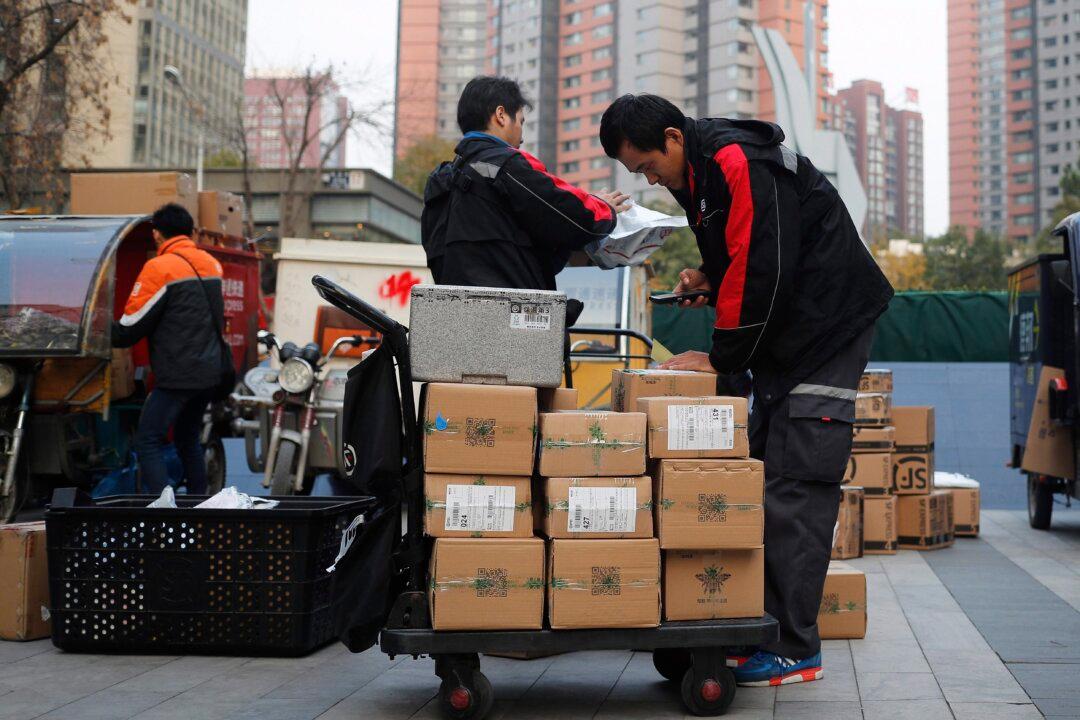The Chinese regime recently claimed that the COVID-19 virus was detected on express parcels in Beijing, Inner Mongolian, and several other places in mainland China and issued an emergency warning. China’s postal service suspended parcel delivery in the high-risk and medium-risk areas of the epidemic since Nov. 18.
However, experts in both mainland China and outside refuted the official rhetoric, telling the media that there is no need to be nervous as any virus on package surfaces would die and not be contagious. Some even said that the probability of COVID-19 surface spread is less than that of being hit by a car accident.




